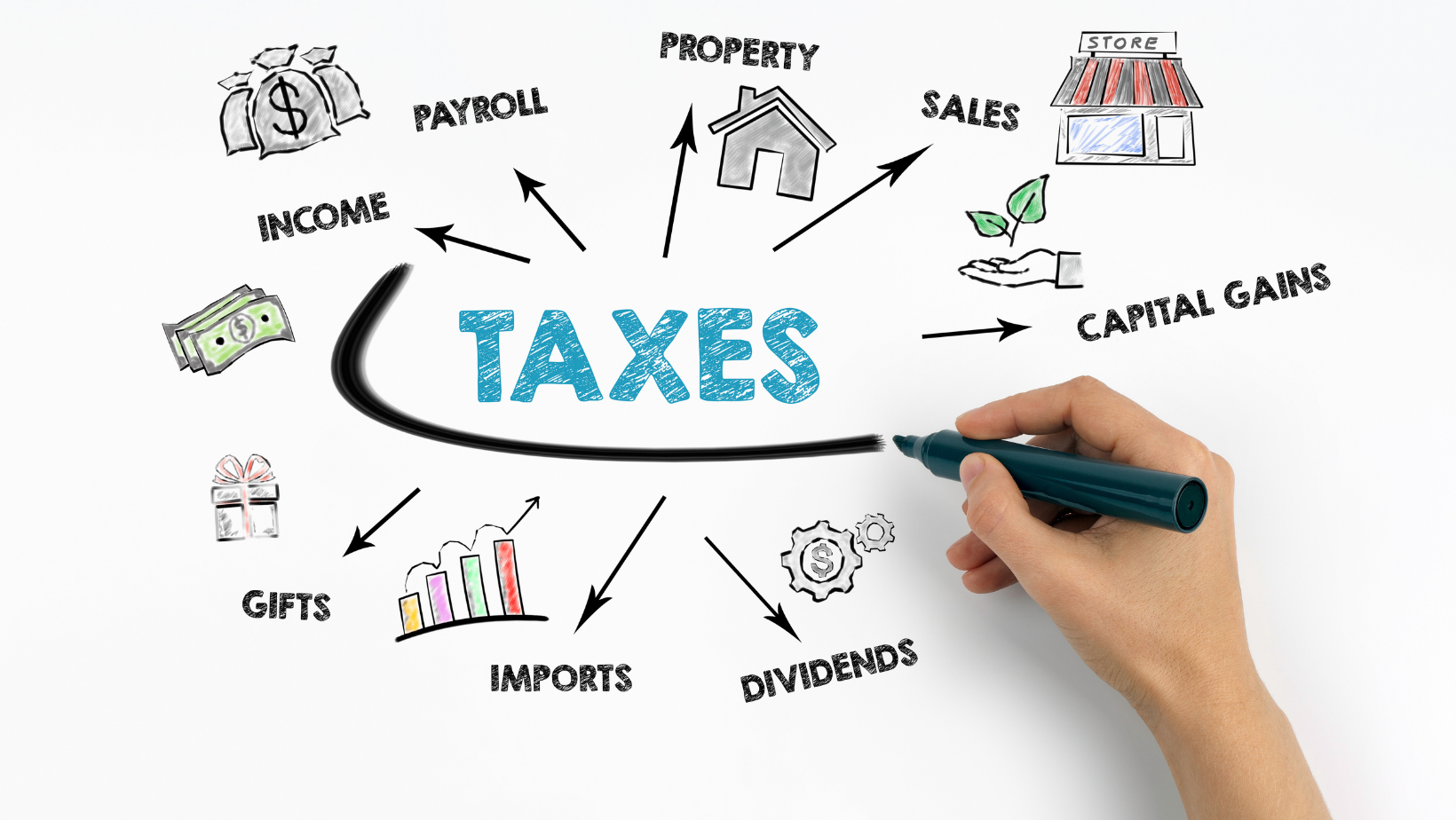Navigating EOFY 2023: Important Tax Deductions for Australian SMEs
Introduction: With the end of the financial year (EOFY) approaching, it's crucial for small and medium-sized businesses (SMEs) in Australia to be aware of the updates from the Australian Taxation Office (ATO) that will impact them in 2023. Understanding these changes is essential for effective planning, reducing financial obligations, and maximizing potential tax benefits.
In this blog post, we will break down these updates in simple terms, providing you with a clear roadmap to confidently navigate EOFY. We will cover everything from new tax benefits to strict compliance requirements, ensuring you are well-prepared for your tax planning.
Key takeaways: EOFY 2023 will bring significant updates and changes that will affect Australian SMEs.
The ATO has introduced small business boosts to encourage digital transformation in SMEs.
- The Temporary Full Expensing (TFE) program, ending on June 30, 2023, allows SMEs to claim immediate deductions for eligible assets.
- Deductions for running a business from home and car expenses are available for SMEs, with specific rates and rules in place.
- Maintaining good records is crucial for maximizing deductions, particularly for car expense deductions and working-from-home deductions.
Four Essential Insights for Small Businesses Before June 30: As EOFY approaches, the ATO has simplified the process for SMEs to claim deductions and reduce their tax burden. Here are three crucial insights that small businesses should consider before June 30, 2023.
- Small Business Boosts: The Australian government offers the Technology Investment Boost and Skills and Training Boost to small businesses with an annual turnover of less than $50 million.
- Technology Investment Boost: Businesses can deduct an additional 20% of expenses incurred for digital operations or digitizing business operations, including assets like payment devices, cybersecurity systems, or cloud-based services. The deduction is capped at $100,000 per year and applies to expenses between March 29, 2022, and June 30, 2023.
- Skills and Training Boost: Small businesses can deduct an additional 20% on eligible external training courses provided to their employees by registered providers in Australia. This boost applies to expenses between March 29, 2022, and June 30, 2024.
-
Digital Transformation Benefits: EOFY 2023 marks the conclusion of the Temporary Full Expensing (TFE) program. Until June 30, SMEs can claim immediate deductions for eligible assets that are first used or installed and ready for use. After June 30, other deduction options will be available, such as general or simplified depreciation rules. Taking prompt action to ensure eligibility is crucial to maximizing deductions.
-
Motor Vehicle Related Deductions: Starting from July 1, 2023, the ATO has updated the tax year's rules. Businesses using or leasing a car for work can claim depreciation up to $68,108. Additionally, the deduction for car expenses now allows a rate of 78 cents per kilometer driven for business purposes.
-
Work From Home Deduction: For businesses operating from home, two methods can be used to claim tax deductions for work expenses: the actual cost method or the fixed rate method.
- Fixed Rate Method: The updated rate allows for claiming 67 cents for every hour worked from home, covering costs like electricity, gas, phone, internet, and stationery. Additional deductions can be claimed for the decrease in value, repairs, and cleaning costs of home office equipment.
Key Strategies for Navigating EOFY 2023: Navigating the end of the financial year can be overwhelming, especially with the aforementioned tax updates. However, by implementing a few key strategies, you can confidently manage this period and benefit from potential tax deductions.
-
Review your current tax obligations: Study the updates and changes relevant to your business. Review your financial records to accurately plan for income and expenses.
-
Maintain proper records: Maintaining comprehensive records is crucial for claiming deductions on car expenses, work-from-home expenses, and digital transformation incentives. Keep detailed records of all business-related expenses, including invoices, receipts, and relevant documents.
-
Consider professional assistance: Given the complexity of these changes, it is advisable to seek advice from registered tax professionals who can provide guidance tailored to your specific circumstances. They will ensure you make the most of these new tax guidelines.
-
Plan ahead: Prepare for the new financial year by creating a budget and forecasting your income. This will help you plan for tax obligations and make the most of available deductions.
Conclusion: EOFY 2023 presents opportunities and challenges for Australian SMEs. It's important to view these changes as more than just regulatory requirements—they are chances for growth and digital transformation. With thorough understanding and preparation, you can optimize your tax returns and confidently move into the new financial year.
The evolving tax landscape may seem overwhelming, but you don't have to face it alone. Bricks Accountants, a trusted tax agent, provides tailored guidance to ensure you can take advantage of all appropriate tax incentives. Our digital solutions streamline record-keeping and compliance, aligning perfectly with the ATO's push for digital transformation.
Don't let the complexity of tax changes unsettle you. Partner with Bricks Accountants today to turn these changes into opportunities for your business's growth and success. Contact us to schedule a consultation or learn more about our services.

